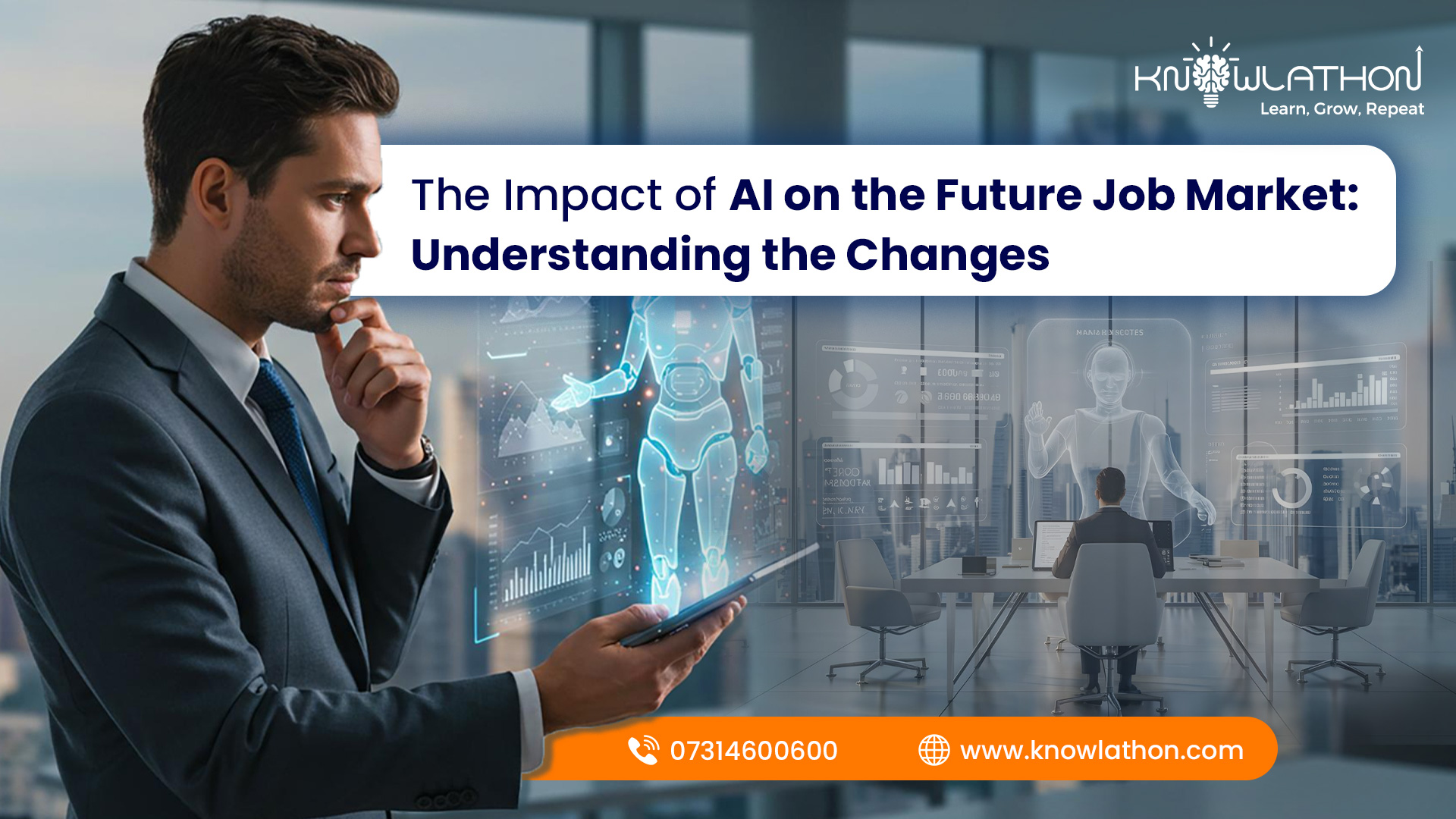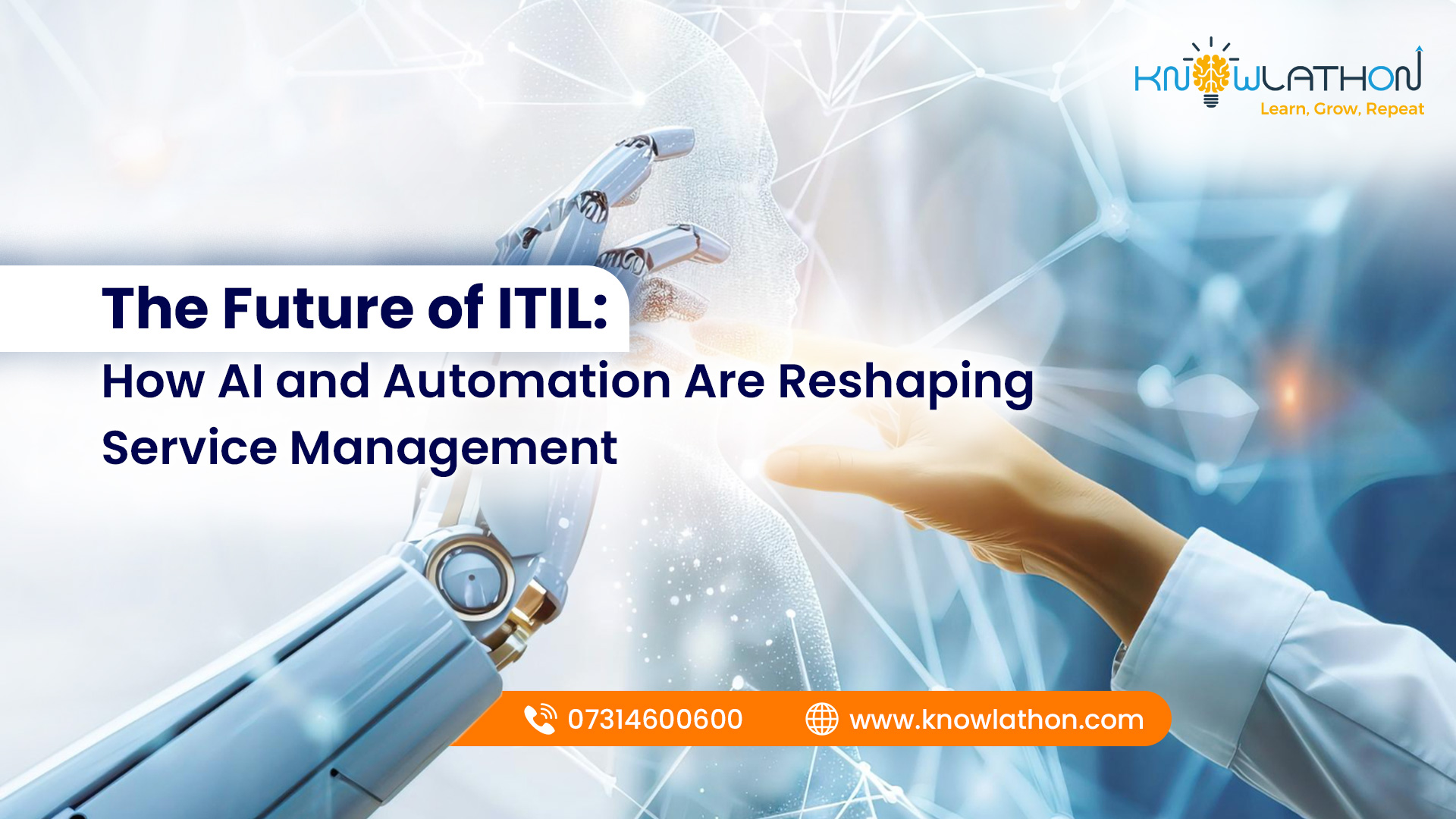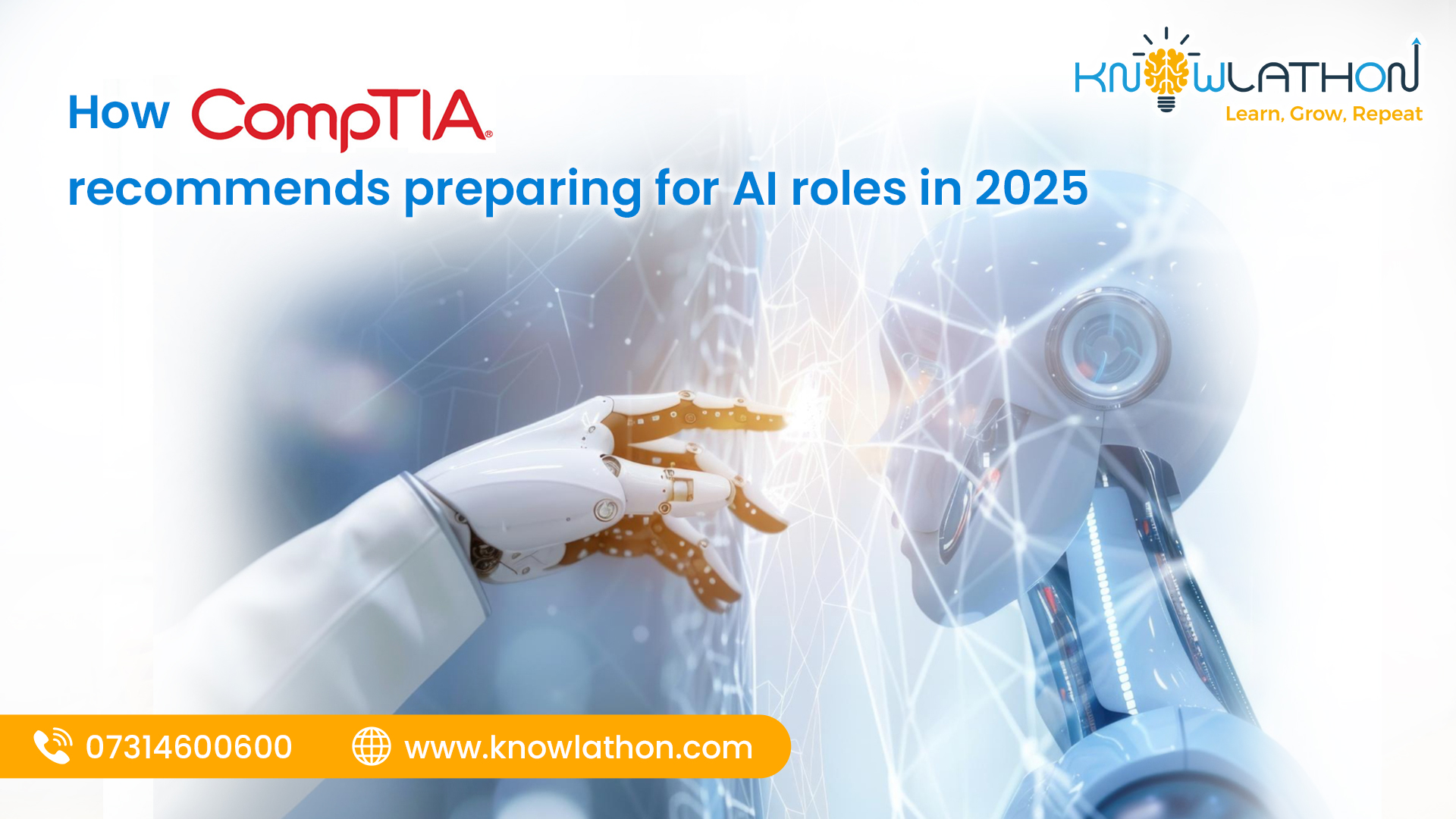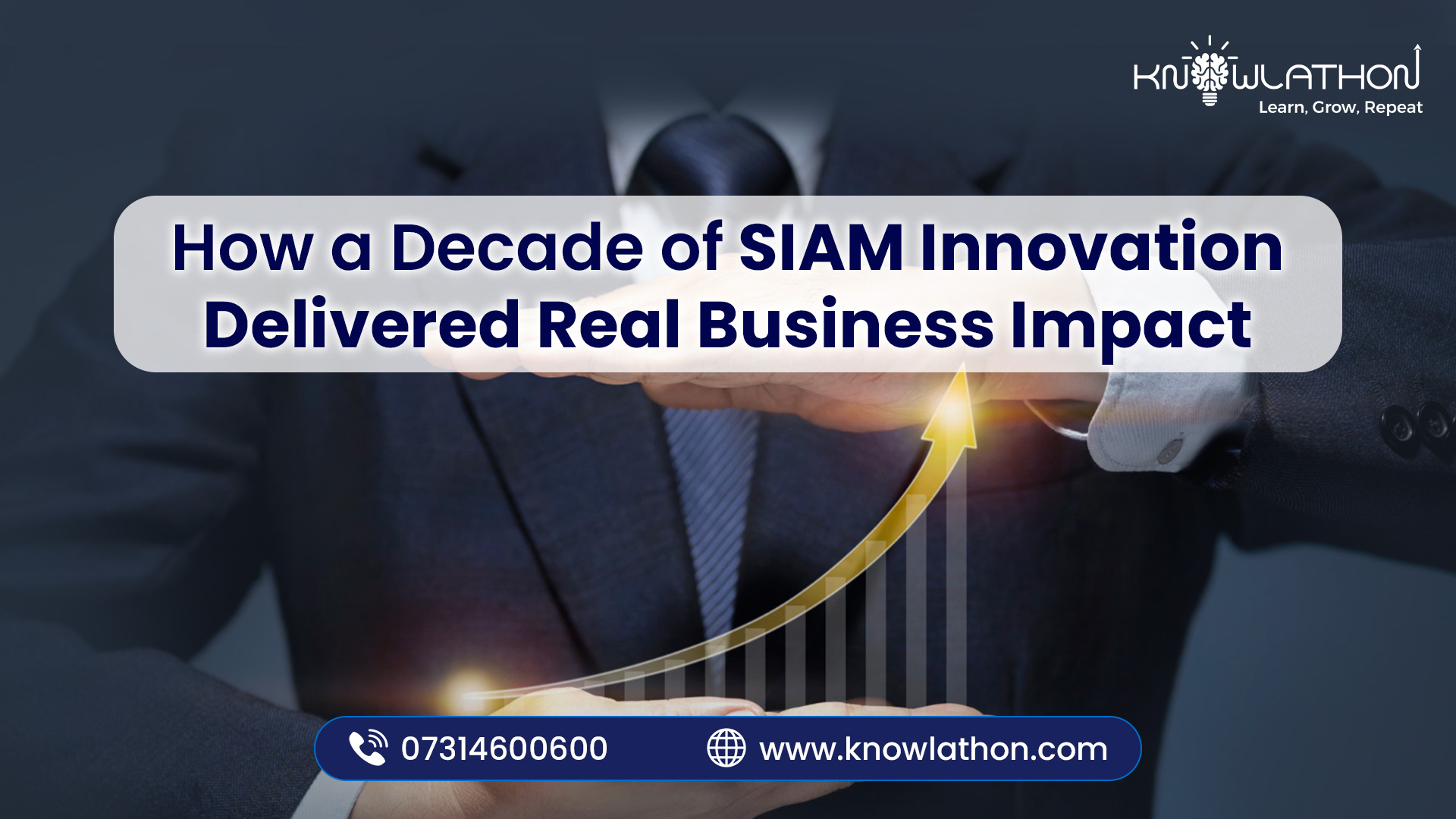The Impact of AI on the Future Job Market: Understanding the Changes

Artificial intelligence (AI) is reshaping the global economy, sparking debates about the future of work. In recent years, artificial intelligence (AI) has evolved from a futuristic concept into a transformative force reshaping our daily lives—and perhaps no area is undergoing as dramatic a change as the job market. As automation, machine learning, and intelligent systems become more sophisticated, the question on many minds is: What does the future of work look like in an AI-driven world?
The Current Landscape: AI's Emerging Influence
AI's integration into the workforce isn't new, but generative AI tools like ChatGPT have accelerated its impact since their widespread adoption around 2023. As of October 2025, the labor market shows resilience, with no widespread disruption evident 33 months post-ChatGPT release. Overall employment remains stable, but early signs point to shifts, particularly for early-career workers in AI-exposed jobs, who have seen a 13% decline. This suggests AI is acting as a "canary in the coal mine" for broader changes.
Reports from organizations like PwC highlight AI's potential to boost productivity and value. Companies leveraging AI report 3x higher revenue growth and 2x faster wage increases, with a 56% wage premium for AI-skilled workers. The World Economic Forum's Future of Jobs Report 2025 notes that 40% of employers plan workforce reductions in automatable tasks. Meanwhile, the U.S. Bureau of Labor Statistics (BLS) is incorporating AI into its projections, acknowledging generative AI's disruptive potential.
How Artificial Intelligence Is Changing the Job Market
AI is no longer confined to robots on factory floors or virtual assistants on our phones. It is rapidly integrating into sectors ranging from healthcare and finance to marketing and law. With its ability to analyze vast data sets, detect patterns, and make decisions faster than humans, AI is changing the way work is performed.
Key ways AI is reshaping jobs include:
- Automating repetitive tasks: AI can take over tasks such as data entry, scheduling, invoicing, and customer support.
- Enhancing productivity: Tools powered by AI, such as smart CRMs or predictive analytics, help employees work more efficiently.
- Creating new job roles: As AI technology evolves, new roles such as AI trainers, ethicists, and prompt engineers are emerging.
- Changing skill demands: There's a rising demand for soft skills like creativity, emotional intelligence, and problem-solving—areas where humans outperform machines.
Will AI Take Over Human Jobs?
This is the most asked (and feared) question. The answer? Yes and no.
AI will undoubtedly replace certain job functions, particularly those that involve repetitive, rules-based tasks. However, it’s important to understand that AI is more likely to transform jobs rather than eliminate them entirely. According to a 2023 report by the World Economic Forum, while 85 million jobs may be displaced by AI by 2025, another 97 million could be created in the same period.
Jobs Most at Risk of AI Automation
- Administrative support roles: Receptionists, data entry clerks, and payroll assistants are highly automatable.
- Basic accounting and bookkeeping: AI systems can already process invoices, detect errors, and reconcile transactions.
- Customer service: AI chatbots and virtual agents are handling more inquiries without human intervention.
- Manufacturing and logistics: Robotic process automation is increasingly managing assembly lines and warehouse operations.
Careers Safe from AI Automation (For Now)
While AI is powerful, there are many areas where human traits are irreplaceable:
- Creative professions: Writers, designers, and artists who generate original ideas are relatively safe—though AI tools may assist them.
- Healthcare providers: Doctors, nurses, and therapists require emotional intelligence, empathy, and real-time problem-solving.
- Skilled trades: Electricians, plumbers, and mechanics perform physical, unpredictable work that's hard to replicate with robots.
- Education professionals: Teachers do more than convey information—they inspire, guide, and mentor students.
It’s clear that AI’s impact on jobs is uneven, and understanding where your role falls can help you prepare.
AI and the Future of White-Collar Jobs
Much of the early conversation around AI focused on its impact on blue-collar jobs, particularly in manufacturing. However, AI’s reach now extends deeply into white-collar professions, especially those that rely heavily on data processing, analysis, and standardized tasks.
Examples of AI’s Impact on White-Collar Roles
- Legal sector: AI tools are reviewing contracts, summarizing legal documents, and conducting case law research.
- Finance: Algorithms are used for fraud detection, investment analysis, and even trading decisions.
- Marketing: AI can generate content, personalize campaigns, and analyze consumer behavior at scale.
- HR and recruiting: AI tools can scan resumes, predict candidate success, and conduct initial screening interviews.
This doesn't mean white-collar jobs are disappearing. Instead, they’re evolving. Professionals will need to focus on tasks that require human oversight, strategic thinking, and emotional nuance—areas where AI still lags.
AI-Driven Employment Trends
Let’s explore some of the major trends shaping the AI and job market landscape:
1. Rise of Hybrid Roles - Job descriptions are changing. For instance, a marketer may now need basic knowledge of machine learning tools, or a journalist may be expected to use AI for research and editing. These hybrid roles blend traditional expertise with AI proficiency.
2. Increased Demand for Tech Skills - Jobs in AI development, data science, cybersecurity, and machine learning are among the fastest-growing. Even non-technical roles increasingly require comfort with AI tools or platforms.
3. Upskilling and Reskilling - To remain competitive, both companies and workers are investing in upskilling—learning new skills to perform better in a current job—and reskilling—learning entirely new roles. Governments and educational institutions are also offering more AI-related courses and certifications.
4. Ethics and AI Governance - As AI becomes more integrated into decision-making, there’s a rising need for roles focused on AI ethics, policy, and fairness. These roles aim to ensure AI systems don’t reinforce bias or violate privacy.
Preparing for AI in the Workplace
Adapting to AI in the workplace isn’t just about learning how to code. It’s about cultivating the right mindset and skills to stay ahead in a rapidly changing environment.
1. Learn to Work with AI, Not Against It - AI is a tool. Learning how to use it to augment your capabilities—rather than fearing it—can make you more productive and valuable. Think of AI as a partner that handles the mundane so you can focus on higher-level tasks.
2. Invest in Lifelong Learning - The most resilient professionals will be those who continuously learn. Micro-credentials, online courses, and bootcamps in areas like AI literacy, data analysis, and digital communication can help you stay relevant.
3. Focus on Human-Centric Skills - AI may be fast and efficient, but it lacks qualities like empathy, creativity, leadership, and emotional intelligence. These are the traits that employers will increasingly prize.
4. Understand AI’s Limitations - Not everything AI does is perfect—or even ethical. Having a basic understanding of how AI models work, what their biases may be, and when human oversight is needed will be critical in many fields.
The Future of Work: A Collaborative Human-AI Workforce
Instead of a scenario where AI replaces humans entirely, experts predict a more collaborative future. In this vision, AI handles analytical and routine aspects, while humans bring emotional, strategic, and ethical insight.
Imagine a workplace where: AI drafts a report, and a human refines its tone and message. AI analyzes customer behavior, and a human uses insights to build meaningful relationships. AI predicts maintenance needs, and a technician provides the real-world expertise to address the issue. This symbiotic relationship will likely become the norm in many sectors, blending the strengths of both machines and humans.
Conclusion
So, will AI take over human jobs? In some areas, yes. But more importantly, AI will change how we work—not just what we do. Careers that emphasize creativity, emotional intelligence, problem-solving, and adaptability will thrive.
The future of work belongs to those who are willing to learn, evolve, and collaborate with intelligent machines. By understanding these shifts and preparing accordingly, individuals and organizations can turn disruption into opportunity.





